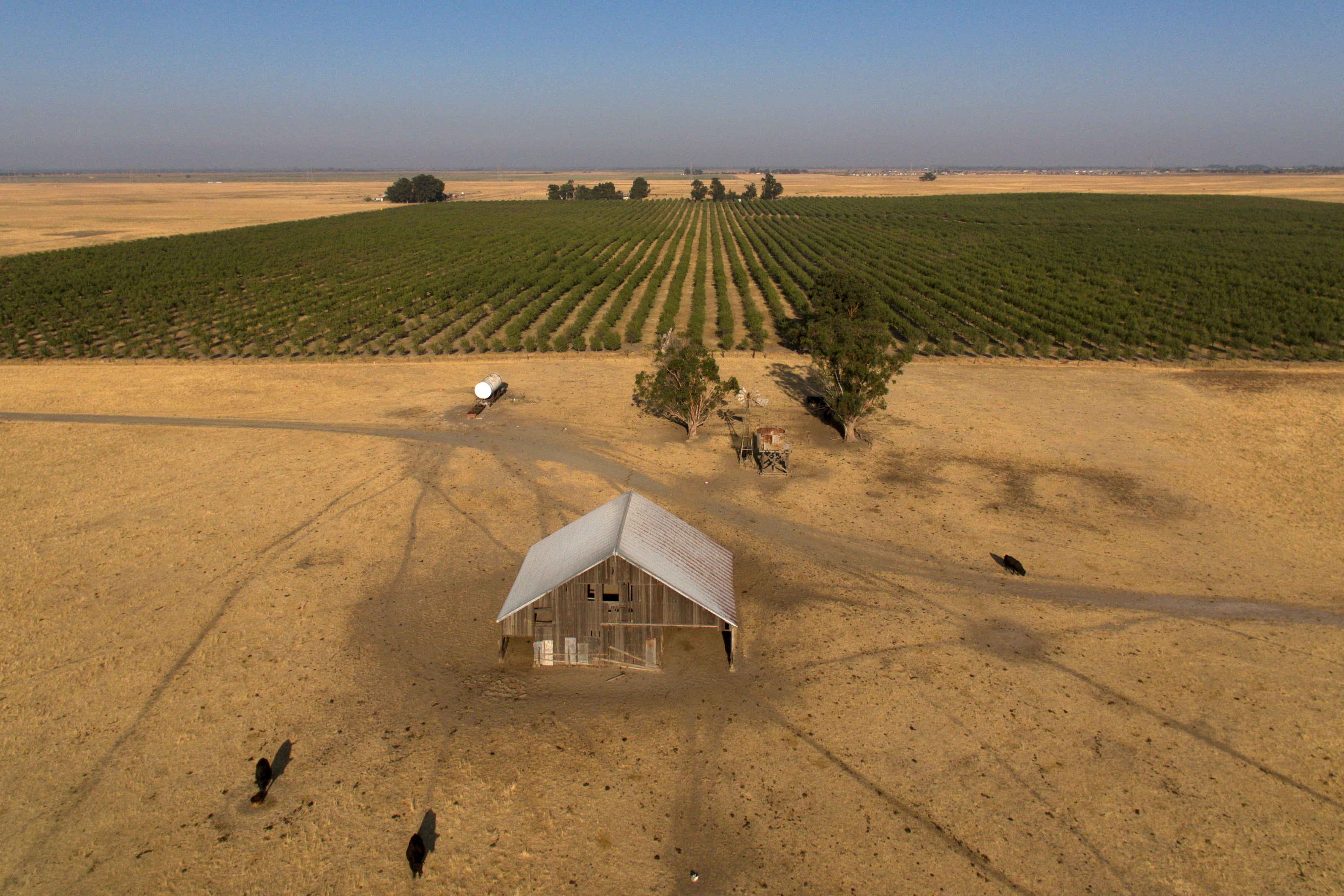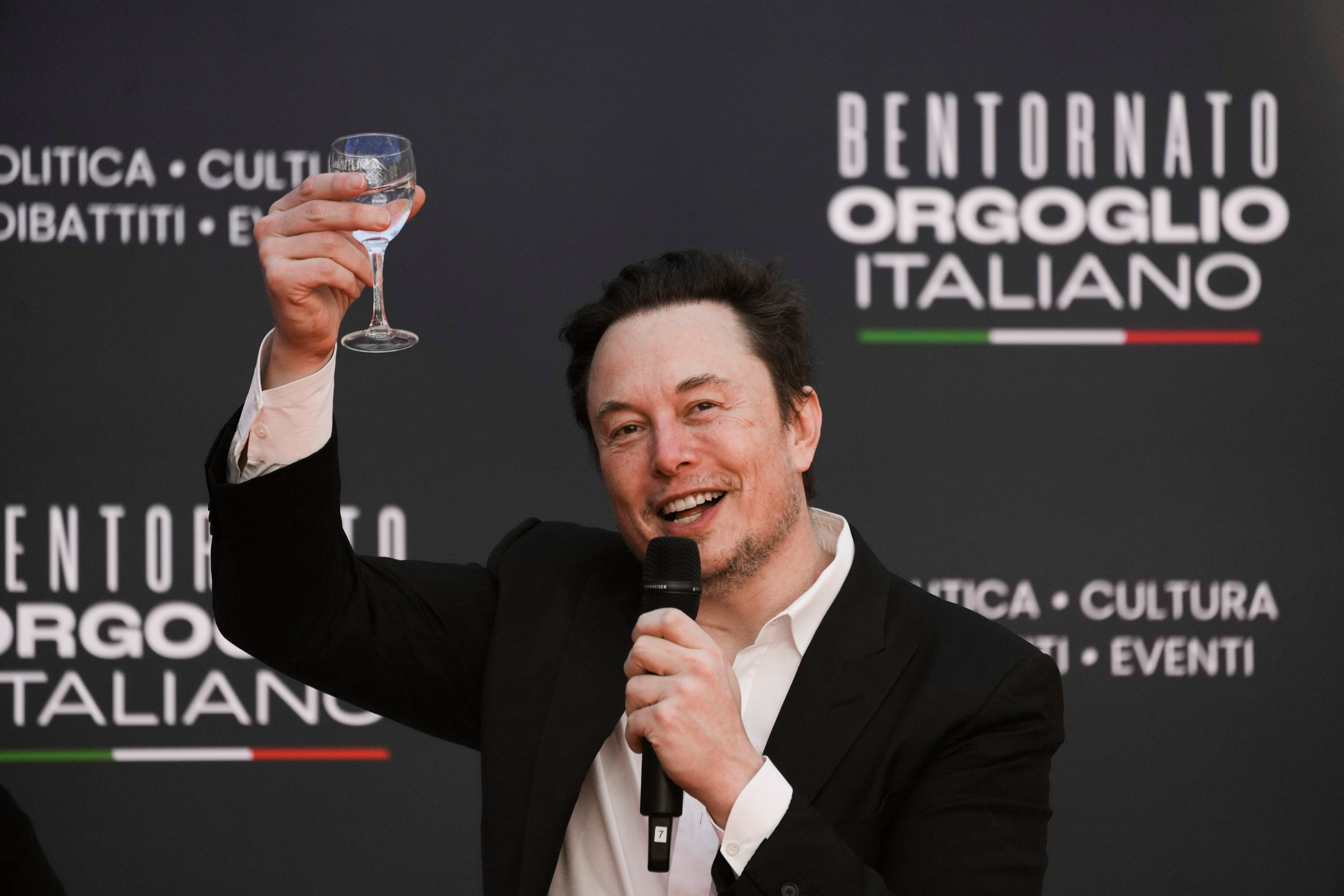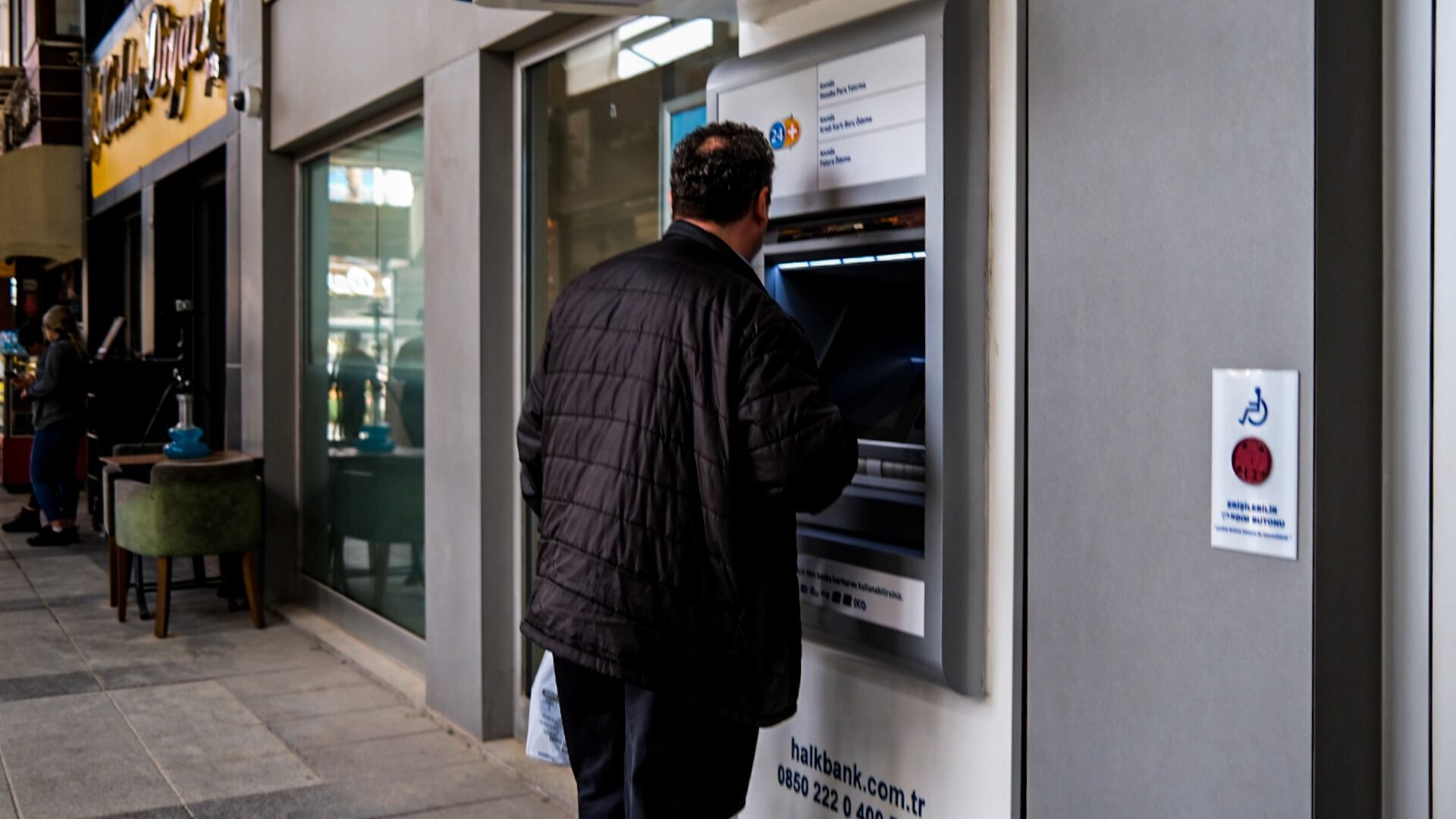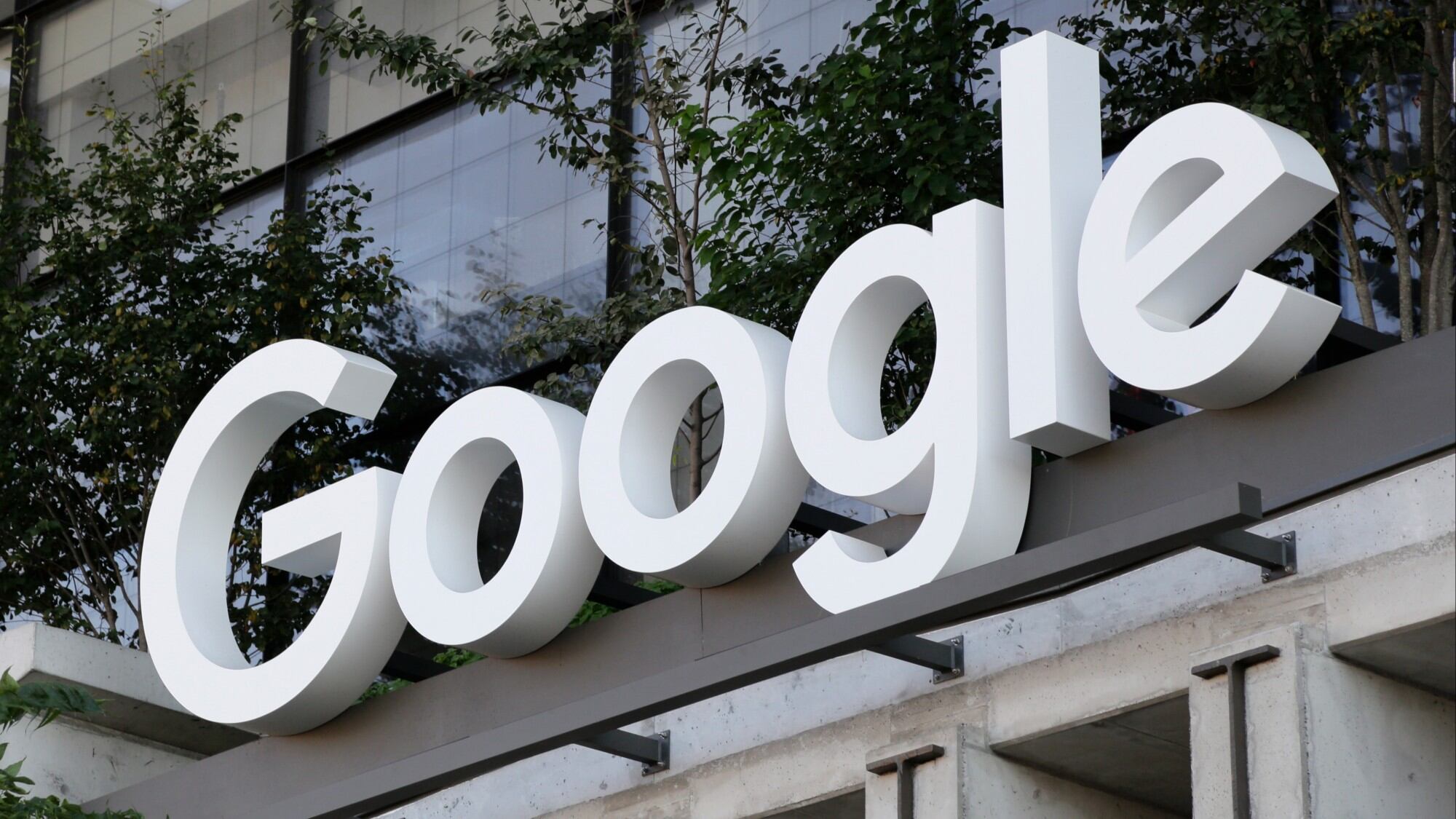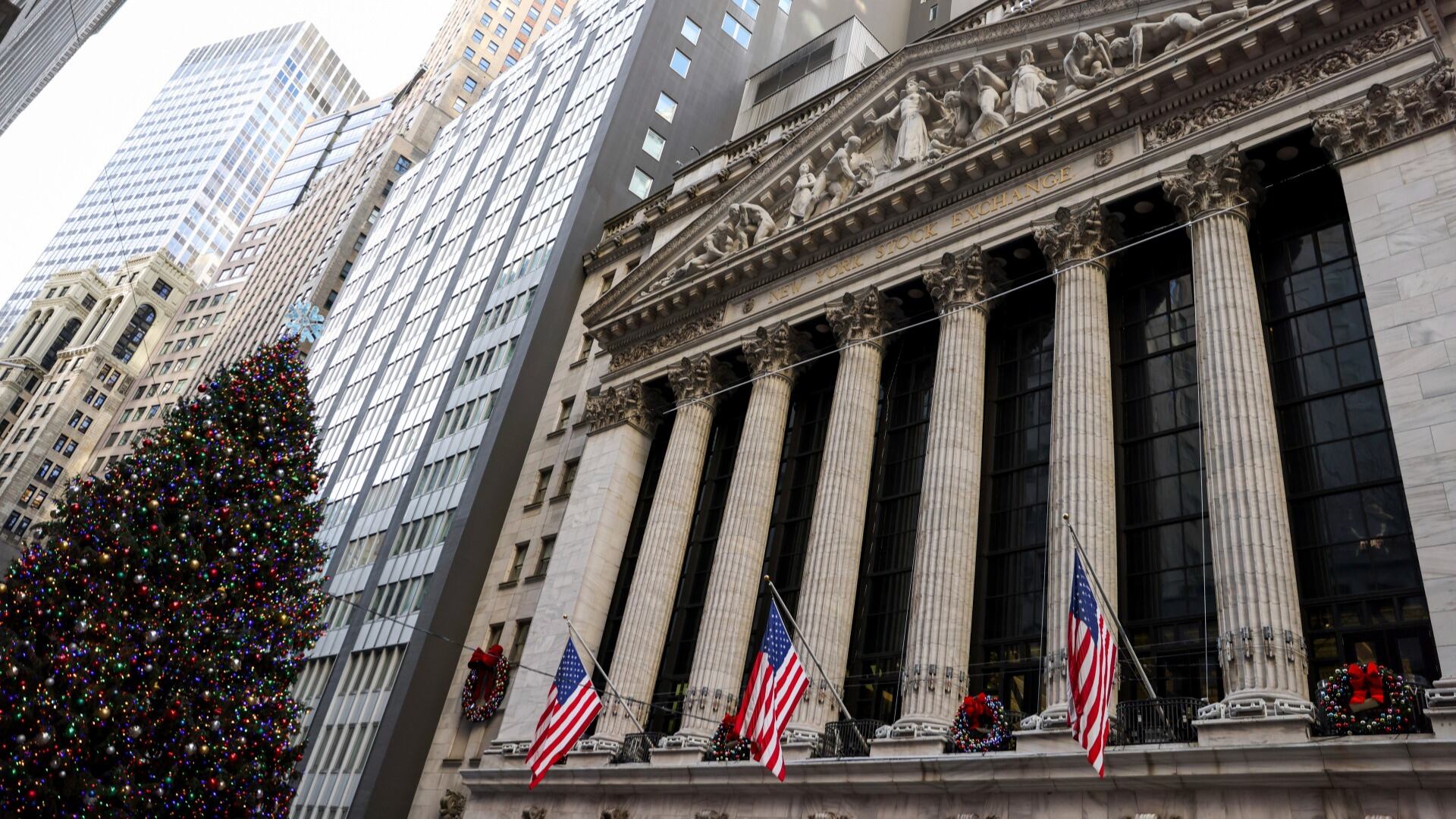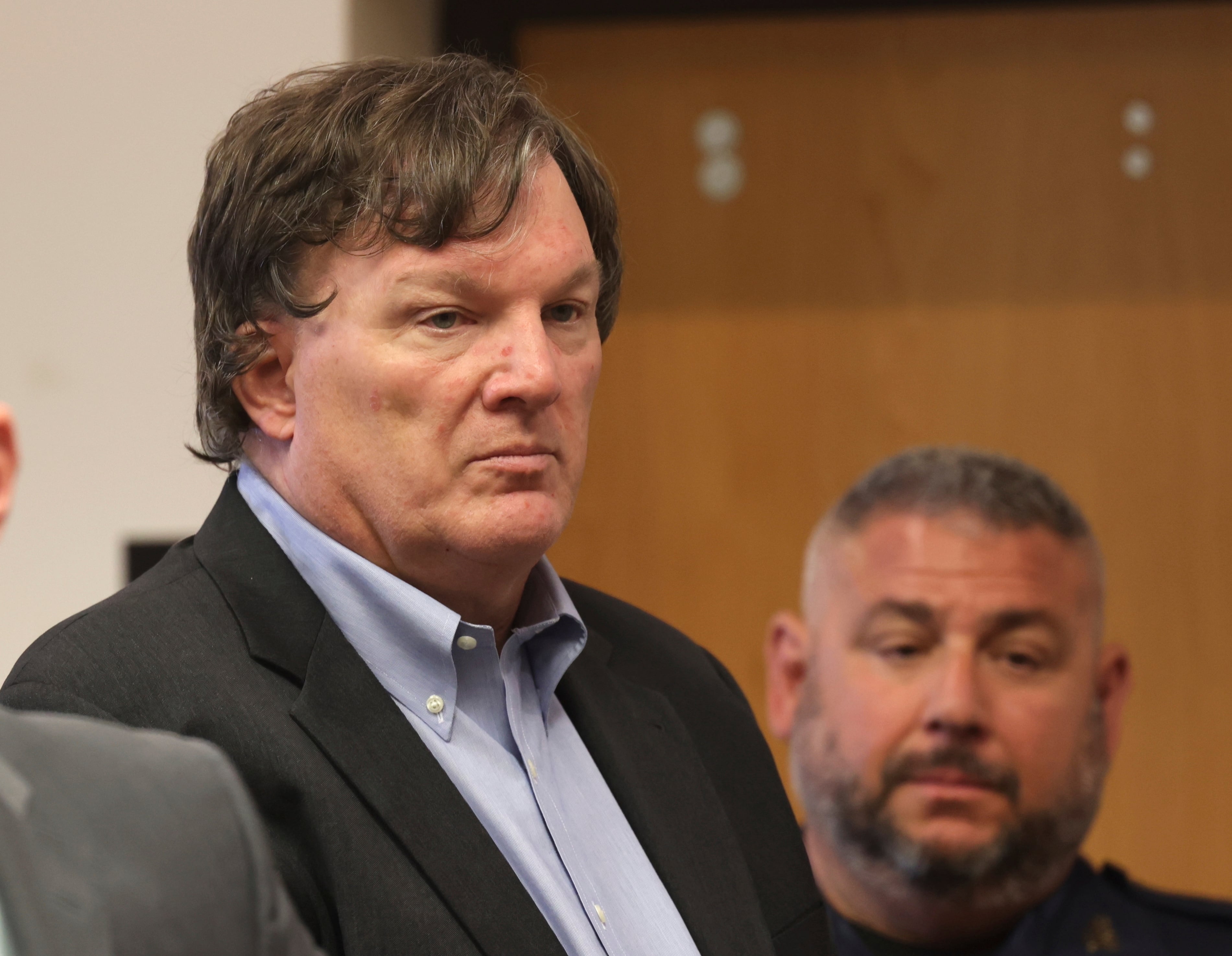WASHINGTON — About a half-hour after markets closed down close to 8% on the Dow, its worst day since 2008 — Elon Musk took the stage in front of thousands at the Washington Convention Center.
During a Q&A for satellite industry professionals, the SpaceX and Tesla founder avoided all mention of what was happening around the world. Instead, he spent the nearly one-hour time slot repeating the importance of iteration and moving fast.
“The thing that concerns me most right now is that unless we improve our rate of innovation dramatically, then there is no chance of a base on the moon or a city on Mars,” Musk said in the opening moments.
The 18-year-old company has several lines of business, centered around three core objectives: flying astronauts and private tourists; high-speed satellite internet access; and a super rocket that will take people to Mars.
Musk has always viewed Starlink, the satellite internet business, as the most promising source of sustainable revenue to help fulfill his vision for Mars transport.
Last month, a report in Bloomberg quoted SpaceX president Gwynne Shotwell telling a group of investors, “Starlink is the right kind of business that we can go ahead and take public.” But on Monday, Musk completely dismissed the report when asked about it.
“We’re thinking about that zero,” said Musk, putting his fingers in the air to emphasize. “We need to make the thing work.”
The 48-year-old billionaire pointed to the low success rate of other companies in the satellite internet space, citing big bankruptcies including Iridium in 1999, followed by Alcatel’s SkyBridge, and GlobalStar.
But despite the two contrasting statements, timing for any new venture now is probably not ideal.
Worries about a recession reignited Monday as oil prices plunged to lows not seen since the Gulf War in 1991. Safe haven U.S. treasuries fell to new lows. The New York Stock Exchange ignited a circuit trigger at the start of trading to control activity.
At this point, markets have seen nearly three weeks of consecutive declines driven by fear the coronavirus will continue to halt economies. China, which has seen the most number of cases and deaths as a result, effectively locked down nearly half of the country in an effort to contain the virus.
Italy over the weekend issued a similar edict to quarantine more than 16 million people as the country has seen the number of cases top 9,000. Late Monday, the Italian prime minister announced the restriction zone will be all of Italy.
Perhaps the most surprising aspect of Musk Monday was that he appeared at all — that the Satellite 2020 conference went on as planned.
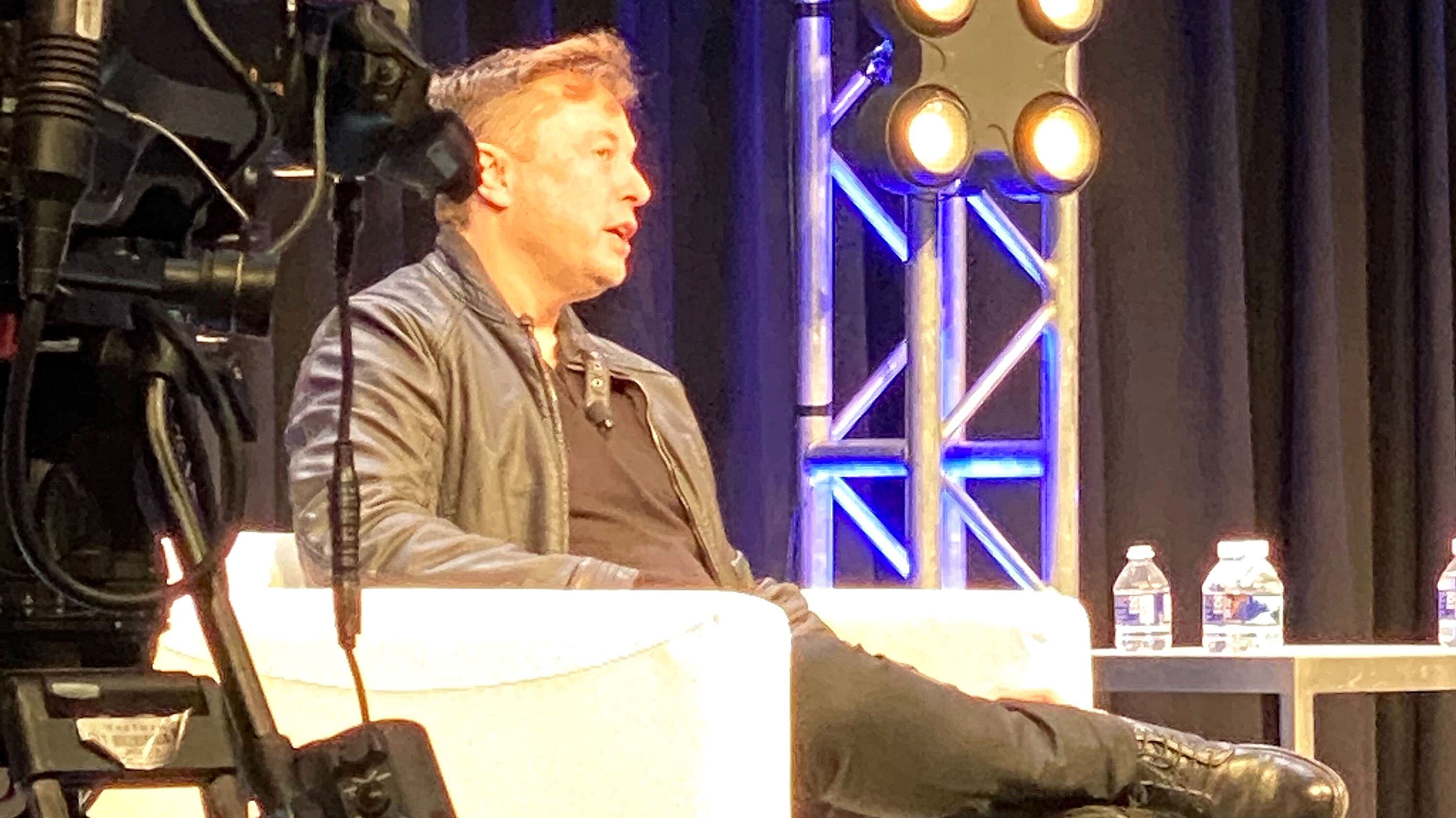
As of this writing, the number of COVID-19 cases has exceeded more than 108,000 people worldwide, killing more than 3,800, according to CNN.
Satellite 2020 conference organizers did not cancel or postpone the event even as major companies like Google, Facebook, Apple, and Netflix have either canceled their own conferences or exited big ones like South By Southwest before its cancellation.
“The Walter E. Washington Convention Center is safe to be in,” organizers said on the event website. “The DC Health Department and CDC have determined the building and the city to be low risk.”
However, the American Conservative Union's CPAC conference, also held in Washington DC just weeks prior, itself had an attendee test positive for the coronavirus, which sent notable guests such as Sen. Ted Cruz and Rep. Paul Gosar into self-imposed quarantine.
But maybe those who follow Musk closely were not surprised he did show up. He doesn’t seem concerned about the unprecedented health epidemic at all, tweeting to his nearly 32 million followers three days ago — “The coronavirus panic is dumb.”
What he seems most concerned about is being alive to see through his mission to Mars.
“I hope I'm not dead by the time people go to Mars,” he said on stage. “If we don’t improve our pace of progress, I’m definitely going to be dead.”




